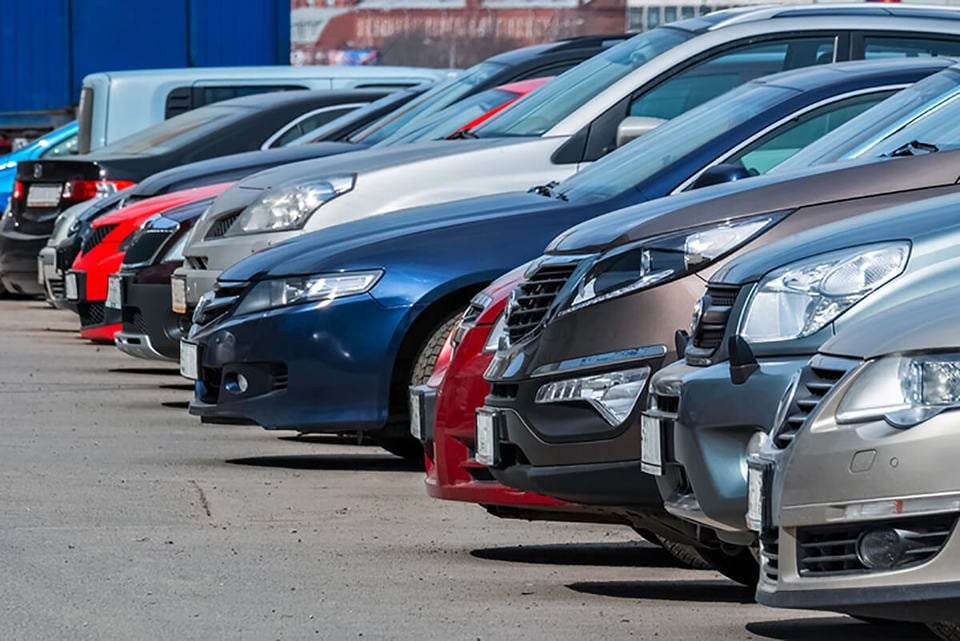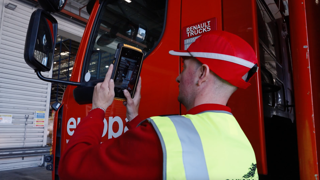Falling capacity in the refurbishment sector is creating “substantial bottlenecks” in preparing cars and vans for sale, says the Vehicle Remarketing Association (VRA).
The trade body’s Industry Trends Committee has identified a number of contributing factors including consolidation of refurbishment providers, skills shortages, parts availability and limited resources suitable for electric vehicles (EVs).
Marcus Blakemore, chair of the VRA's Industry Trends Committee, said: “We’re hearing increasingly from VRA members about problems with refurbishment, something that has a direct impact on the speed with which vehicles can be turned around, and tying up money in assets that are simply waiting to be made ready for sale.
“This means that vehicles carrying damage or faults are becoming worth less because dealers know they are going to take longer to process, sometimes taking not just weeks but months longer than expected to reach retail sales channels.”
He explained that the issue was difficult to resolve because it was the result of a number of factors.
“The biggest single cause is that there are fewer refurbishment facilities available to the general remarketing sector, a situation exacerbated by some recent consolidations and sales of businesses,” he said.
“On top of that, there is undoubtedly a shortfall of skilled people, something that can only be resolved with a renewed commitment across the sector to training, and which will unavoidably take time.”
Blakemore says that parts shortages are also still having a real impact, despite improvements since the pandemic.
“Vehicles are sometimes hanging around for months waiting for the parts needed to make them saleable,” he added.
The issue was especially acute when it came to the increasing number of EVs, according to the VRA.
“The industry has not yet really geared up to meet the volume of EVs that will soon start reaching the market,” continued Blakemore.
“For example, only something like one in three bodyshops are able to handle repairs to electric cars and vans.”
He concluded: “This isn’t a situation that can be turned around quickly but what the VRA can do as an industry body is try to increase awareness and, in this way, create impetus behind potential solutions.”























Login to comment
Comments
No comments have been made yet.